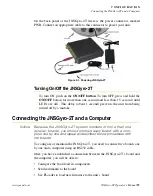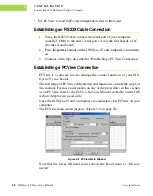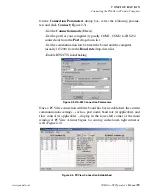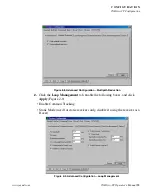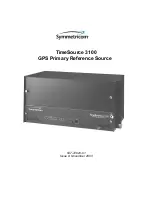
18
JNSGyro-2T Operator’s Manual
www.javad.com
I N T R O D U C T I O N
Principles of Operation
1
accurate the position. Natural and man-made objects can block, inter-
rupt, and weaken signals, lowering the number of available satellites.
• Integrity – Fault tolerance allows a position to have greater integrity,
increasing accuracy. Several factors combine to provide fault tolerance,
including:
–Receiver Autonomous Integrity Monitoring (RAIM) detects faulty
GPS and GLONASS satellites and removes them from the position
calculation.
–Wide Area Augmentation System (WAAS) and European
Geostationary Navigation Overlay Service (EGNOS) creates and
transmits DGPS correction messages.
–Five or more visible satellites for only GPS or only GLONASS; six or
more satellites for mixed scenarios.
–Current ephemerides and almanacs.
–Several algorithms to detect and correct faulty information.
Conclusion
GNSS users can use JNS GNSS receivers to collect data from a network of
satellites and control stations to triangulate precise points anywhere on
Earth.
This overview simply outlines the basics of GPS and GLONASS position-
ing. For detailed information, visit the JNS website
























